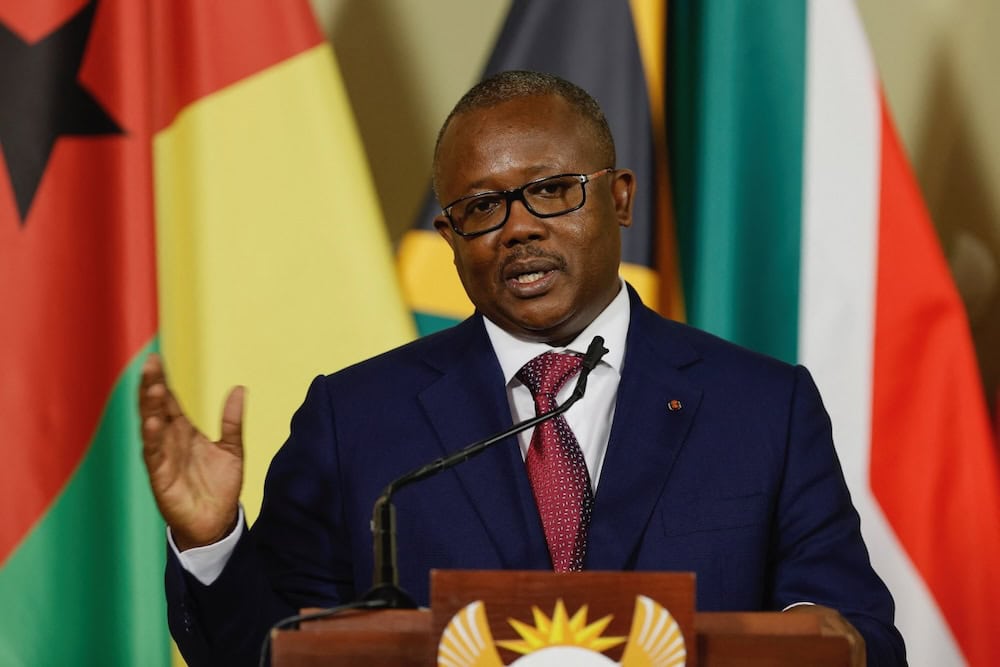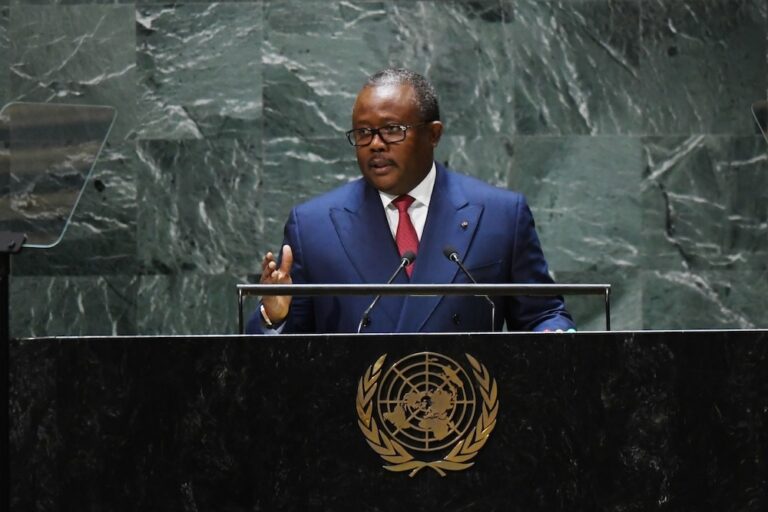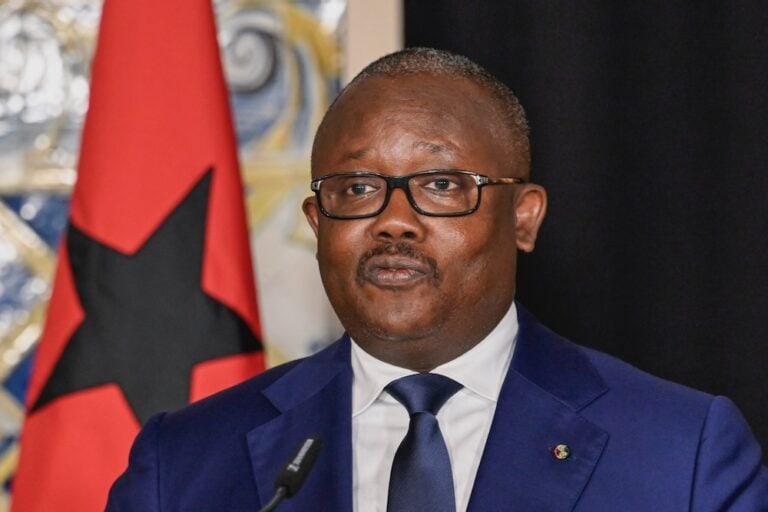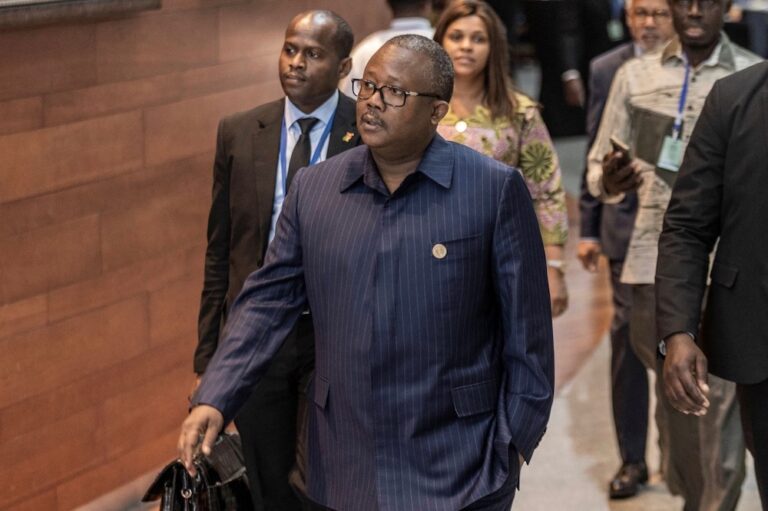Press union president and journalist Indira Correia Baldé was prevented from covering the handover of equipment by the African Centre for Disease Control and Prevention.
This statement was originally published on mfwa.org on 23 August 2024.
Bissau-Guinean journalist, Indira Correia Baldé, was expelled from a public event in Bissau, reportedly on the orders of President Umaro Sissoco Embaló. Baldé, who also serves as the President of the press union, Sindicato do Jornalistas e Técnicos da Comunicação Social da Guiné-Bissau (SINJOTECS), has also been informed she is barred from all government-related events.
The journalist and press union president went to cover the handover of a cold chain system bought by the African Centre for Disease Control and Prevention (CDC-Africa) on August 22, 2024. Upon arrival, Baldé was informed by security personnel that a directive from the President prohibited her from attending any government-related events.
In a telephone chat, Baldé narrated her ordeal to the Media Foundation for West Africa (MFWA).
“We arrived and went into the ceremony hall to set up the materials. After a while, the Minister of Health, Maria Inacia Co Mendes Sanha, left the room, protesting at my presence in the room. She stayed outside for a while, then one of her advisers, Placido Cardoso, came to talk to me.
“‘Indira, Minister Maria Inacia asked me to tell you that an order from above has instructed you not to cover any of the government’s activities.’ I asked why? He said that’s what the minister said. I explained the situation to my colleagues and left,” Baldé told the MFWA.
This is not the first time Baldé has faced such restrictions in Guinea-Bissau. Earlier this year, in February, the president of the SINJOTECS and another journalist, Fátima Tchuma Camará, were barred from the presidential palace, limiting their access to information. Both journalists have also reported cases of online slander, threats, and verbal harassment by government supporters in an attempt to undermine their credibility.
The recent act of censorship by government officials has sparked indignation and concern among media professionals, who fear that such measures set a dangerous precedent for future journalistic coverage of government activities. The public expulsion of journalists and the subsequent bans from coverage of government-related events is a stark indication of skyrocketing tension between government authorities and the media.
The Media Foundation for West Africa (MFWA) strongly condemns these flagrant violations of press freedom and calls on the government of Guinea-Bissau to respect the rights of journalists to perform their professional duties without fear of harassment or intimidation.



